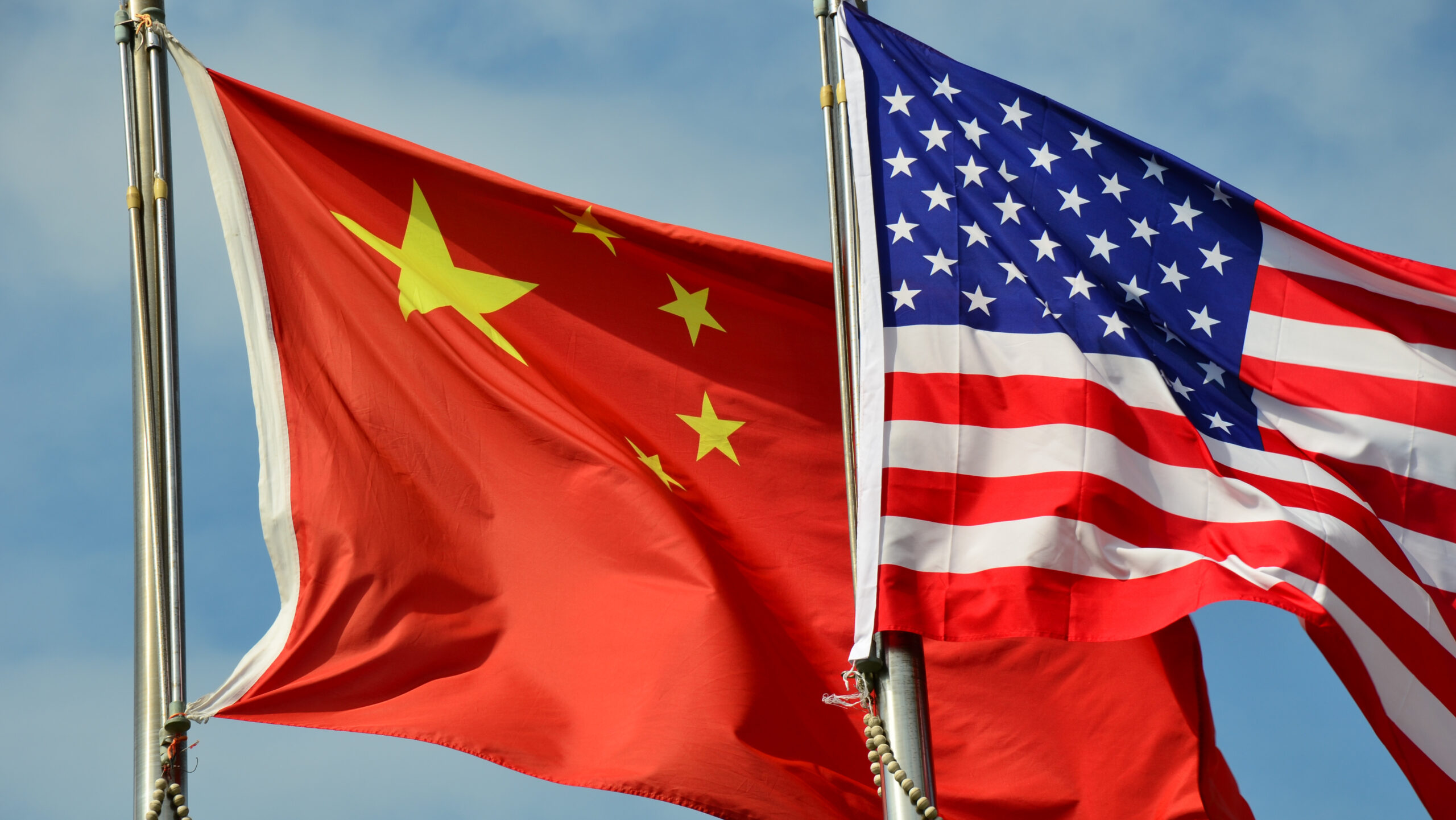Rising trade tensions between the U.S. and China, marked by escalating tariffs, could have significant global economic repercussions, according to Gita Gopinath, deputy managing director of the International Monetary Fund (IMF). Speaking to CNBC on Wednesday, Gopinath emphasized the risks of continued trade conflicts between the world’s two largest economies.
Shifting Trade Dynamics
“Geopolitically driven trade is reshaping global markets,” Gopinath said, noting that while overall trade as a share of global GDP remains stable, the patterns of trade between countries are changing. Specifically, trade between the U.S. and China is declining, with some goods being routed through other nations.
Both the U.S. and the European Union have imposed higher tariffs on certain Chinese products this year, citing unfair trade practices by Beijing. China has responded in kind, raising temporary tariffs on some EU imports, adding to the tit-for-tat measures that have been escalating.
Economic Consequences of Escalating Tariffs
The IMF’s analysis indicates that further tariff escalations between the U.S. and China would lead to global economic losses. “If tariffs were escalated, it would be costly for everybody,” Gopinath told CNBC during the IMF’s annual meeting in Washington. She warned that such actions would result in lower-than-expected output across the board and increase inflationary pressures.
“This is not the direction we should be going,” Gopinath explained, stressing that both economies, as well as the global economy, would suffer from continued trade disruptions.
The Broader Impact of Protectionism
Gopinath’s warning comes after IMF Managing Director Kristalina Georgieva said that international trade may no longer serve as the “engine of growth” it once was. Georgieva also cautioned that retaliatory trade measures could hurt the countries imposing them just as much as their targets.
The sentiment was echoed by Tim Adams, CEO of the Institute of International Finance, who cautioned that new tariff proposals from U.S. presidential candidate Donald Trump could disrupt the current disinflation trend and potentially lead to higher interest rates.
A Call for Cooperation
Gopinath emphasized that fostering good relations between the U.S. and China is not only beneficial for both nations but also critical for global economic stability. “It’s in everyone’s self-interest that these relationships are maintained,” she said, urging for more constructive engagement between the two economic powerhouses.
In its latest World Economic Outlook report, the IMF highlighted the risks posed by increasing protectionist policies, warning that such actions could disrupt global supply chains and slow medium-term growth prospects. The report noted that a departure from a rules-based global trading system is prompting more countries to take unilateral measures, which could exacerbate trade tensions and weigh on global economic growth.





